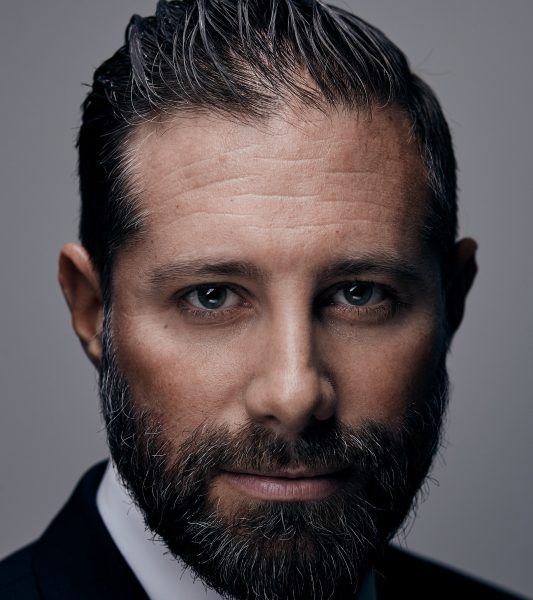
Don Aviv, CPP, PSP, PCI is President of Interfor International, a corporate intelligence agency. He is also a Reputation Communications Advisory Board member. This article is republished from his original LinkedIn version.
Today, nearly everything is digitized, and finding personal data about people is fairly easy. Most of us do not even realize just how much of our personal data is available for the world to see. And while the world may not be interested, you never know when a malicious actor or hacker can find your information and put it to ill-use.
People-search sites like Intelius, Pipl, and Whitepages comb through social media accounts, public records, and commercial sources. They neatly package the information and provide it to just about anyone. Information can include criminal records, credit history, past and present addresses, relatives, and more.
The Dangers of People Search Sites
On the surface, people-search sites might seem harmless, a good tool for finding lost relatives or reconnecting with old friends. However, searches can also lead to easier stalking or harassment, identity theft, and the general revelation of information that you would rather keep private.
What makes these sites even more dangerous is that there is no current regulation surrounding data brokerage. The sites are not regulated and individuals can not choose privacy settings. Your information is out there for anyone to see.
The risks of people-search sites are why many people want to scrub their names from them completely. But doing so is not as easy as just wanting it. Even if you manage to scrub your name off at one point, the information is likely to reappear. That is why scrubbing your personal info should be looked at as an ongoing project, not as something you do once and forget about.
Professional Services That Scrub Personal Data
Scrubbing your information from various sites and search engines can be a long, arduous task, which is why there are several companies that offer to do it for you, including DeleteMe, PrivacyDuck, and OneRep. DeleteMe offers one and two-year plans to remove people from all major data broker websites for 1 year. For one person and one year, the service costs $10.75 a month billed annually. For one person for two years, the cost is $8.71 a month, billed once every two years. There is also a Family plan that covers up to four people and costs $27.42 a month for one year.
PrivacyDuck operates on a different payment/plan scheme. There are two plans: Basic for $499 and VIP Privacy for $999. The basic plan covers 91 data sources and up to two people. It delivers monthly reporting for 12 months and offers 50% off the same plan if you buy it more than once a year. The VIP Privacy plan is more comprehensive and covers 190 sources. It also delivers monthly reports.
OneRep removes personal information from Google, Yahoo, Bing, and other search engines. Its standard plans for individuals and families include links to exposed sites, auto opt-out of 105 sites, 24/7 email support, and more. The Individual plan costs $8.33 a month for one year and the Family plan for up to 6 people costs only $15 a month for a year. OneRep also offers a more advanced, comprehensive service for “complex cases” for $225 a month.
As you can see, this type of service is not cheap, especially if you are serious about your privacy. But is it worth it? Only you can decide. Continue on to see if you are up to the task of a DIY data scrub. If you feel that erasing your data by yourself is too difficult, it may be worthwhile choosing a paid service.
DIY Data Scrub
Most data brokerage sites offer an opt-out page, which means scrubbing your data is not necessarily hard, it is just tedious. It means going to many different sites and finding the opt-out page for each. If you feel up to the task, we suggest beginning with the most well-known people-search sites. These include Intelius, BeenVerified, Instant Checkmate, MyLife, PeopleFinders, Whitepages, Pipl, and a few more.
The first step is to check whether your information is listed. If it is, you then need to search around the site and find out how each broker allows you to opt-out. This is a great resource that provides opt-out links for various people-search sites. Be aware, even though we are living in the digital age, some sites require you to send a letter by mail or even fax. Ironic, yes.
Another point of irony: Some sites ask you to provide personal information in order for them to remove your data. If this is the case and you are asked to provide an ID document, make sure to erase any ID numbers that appear on it.




